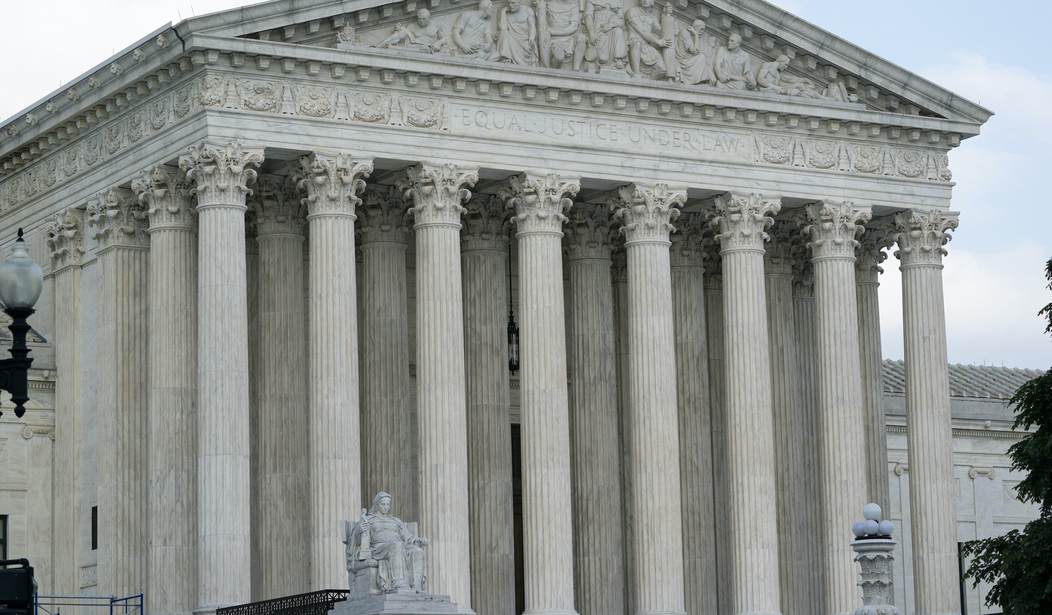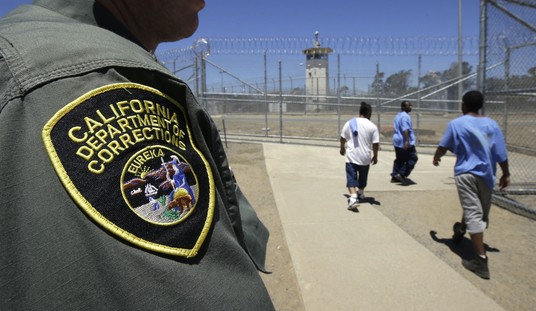Adam Serwer has written a take on the politics of Roe which is primarily intended to challenge the idea that Roe “broke America.” As Serwer sees it, nothing like that happened. On the contrary he argues polarization drove the argument on abortion more than abortion drove polarization.
Roe is an important part of the story of polarization in American politics, but it is not its genesis. “The idea that Roe kickstarted polarization is a really dramatic oversimplification,” Mary Ziegler, a law professor at UC Davis and the author of the forthcoming Dollars for Life: The Anti-Abortion Movement and the Fall of the Republican Establishment, told me. “If people are genuinely upset about polarization, presenting Roe as the source of that denies that a lot of other people had responsibility. There were a lot of politicians, activists, media figures, and lawyers who deepened the divide on abortion and benefited from it.”…
“There was an intense conflict about abortion before Roe,” Ziegler told me. “This partly reflected a more general, prolonged partisan realignment that began in the 1960s and reshaped party identification in the 1980s, congressional elections in the 1990s, and state legislative races in the 2010s. But the parties’ positions on abortion were diverging too. It’s not that Roe doesn’t matter, but the polarization of the parties is already happening for different reasons.”
Ziegler, who was quoted recently by Michelle Goldberg saying, “If you think it’s polarized now, you haven’t seen anything yet,” is certainly correct that there were other forces at play in the 1960s and 70s that were creating polarization. Really, looking at what was happening back then, the Vietnam War, desegregation of schools, the Civil Rights movement, the Weather Underground, the Black Panthers, etc. anyone who claims there was one cause of polarization is setting themselves up for failure. But I think Serwer goes too far the other way. Like all progressive histories of the pro-life movement, Serwer is light on protests and opposition in the early 70s and goes straight to Paul Weyrich in the late 70s.
Those early points of convergence became a casualty of the polarization that was already well under way. Republican activists such as Paul Weyrich saw abortion as a promising wedge issue to split the Democratic coalition, which included many working-class Catholics. As the abortion-rights and anti-abortion movements became more aligned with a single party, they adopted the ideological assumptions of their comrades.
“In forging a working relationship with social conservatives, abortion opponents took more extreme and consistently right-wing positions on a number of gender issues. In response, pro-choice leaders expressed skepticism about any effort to recognize fetal rights,” Ziegler writes.
The Washington Post published a corrective to this idea about evangelicals and abortion on Monday which is worth a look:
The story goes like this: White evangelicals didn’t care much about abortion until the late 1970s. Around that time, two prominent leaders of the soon-to-be-named “Religious Right,” Paul Weyrich and Jerry Falwell, concluded that overtly racist politics would harm, not help, their quest for political power. They turned to abortion as a convenient wedge issue in the 1978 midterm elections to drive evangelicals to the polls and distract from the “real” motivations of the far right: stopping racial integration and preserving the tax-exempt status of segregationist Christian schools.
But this oversimplified narrative about abortion reduces the rise of the religious right to the cynical calculations of elite movement leaders — rather than to the actions of thousands of grass-roots activists, religious leaders and conservative thinkers who spent nearly two decades building the networks and ideas that brought about the religious right.
The authors admit there was some uncertainty and ambivalence about abortion among evangelicals but they argue that began to shift long before the late 70s:
…a real turning point occurred when a statewide referendum on abortion took place in Michigan in 1972. Catholics there led the charge to oppose legalizing abortion. Crucially, they did so in a loose coalition with evangelical denominations, including Missouri Synod Lutherans, Dutch Reformed churches and Southern Baptist Convention churches. These groups managed to get 60 percent of voting Michiganders to oppose abortion law reform by emphasizing that abortion was murder. The campaign codified a visual iconography that is now rote, with mutilated fetuses and endangered White babies at its center. The victory also marked the beginning of an important political coalition in the making between evangelicals and Catholics who opposed abortion.
This type of religious cooperation was now possible because the meaning of abortion had changed for many evangelicals. Initially, most states proposed legalizing abortion only in “extreme cases”: to save the life of the expectant woman and in cases of rape, incest and fetal deformity. The Southern Baptist Convention passed a resolution in 1971 calling on Southern Baptists to “work for legislation that will allow the possibility of abortion under such conditions.”
Yet, in the wake of the 1973 Roe v. Wade decision, which (like the state of New York before it) allowed women to elect to have a legal abortion for any reason through the second trimester of pregnancy — before the point at which the fetus could viably live outside the mother’s body — evangelicals came to see abortion differently.
So whereas Serwer sees the polarization as being driven by partisans looking for a wedge issue in the late 70s, these authors (one of whom has a forthcoming book on abortion rights pre-Roe) argue that it was Roe itself that polarized the debate by moving it from a few hard cases (rape, incest) where evangelicals might have been persuaded, to something far more expansive. In short, Roe went too far and that polarized people.
I don’t know if Serwer read the piece in the Post but I do know his argument seems to studiously avoid admitting this possibility. Here’s his argument about public opinion on the matter:
When conservatives talk about Roe, a decision they loathe, they engage in the common tic of conflating their own views with those of the public. In this case, because Roe is a decision they find uniquely abhorrent, they assume that same view is shared by the majority of Americans—certainly those they consider “real” Americans. But the irony of this argument is that the decision in Roe, by finding a constitutional right to abortion while allowing some restrictions, is far closer to reflecting Americans’ ambivalence on the matter than Alito’s leaked draft opinion is.
As my colleague Jerusalem Demsas writes, “The number of people favoring legal abortion under any circumstance has consistently outstripped the number of those wanting it to be illegal under any circumstance since 1975. But the broad center of public opinion says that abortion should be legal only ‘under certain circumstances.’” Unlike other issues, that divide has remained stable since the 1950s. Only the composition of the Supreme Court has changed.
He correctly points out is that Americans have long believed abortion should only be legal under certain circumstances, usually by a wide margin. I agree with him there in the sense that that is what polling over many years shows to be the case. But what Serwer doesn’t say is that when asked specifically what those circumstances are, most Americans would not allow abortion in the 2nd or 3rd trimester, which puts them at odds with Roe. Specifically, it puts them to the right of a decision that explicitly allows abortion through the point of viability which at the time Roe was decided was around 24 weeks.
I’ve posted the results of the recent AP poll before. What it shows is that only about 20% support abortion in the 3rd trimester and 34% support it in the 2nd trimester:

Serwer is not correct when he claims Roe is closer to Americans’ ambivalence on Roe than Alito’s opinion. In fact, Roe has always been to the left of most Americans conflicting intuitions about abortion as revealed in that 2022 poll above and many similar polls prior to that. Indeed, it has also been to the left of most of the other developed countries in the world which allow abortion up to a limit closer to 12 or 15 weeks. That’s why Roe has always been so polarizing. It not only got the views of Americans wrong, it made it all but impossible for them to have a say.







Join the conversation as a VIP Member